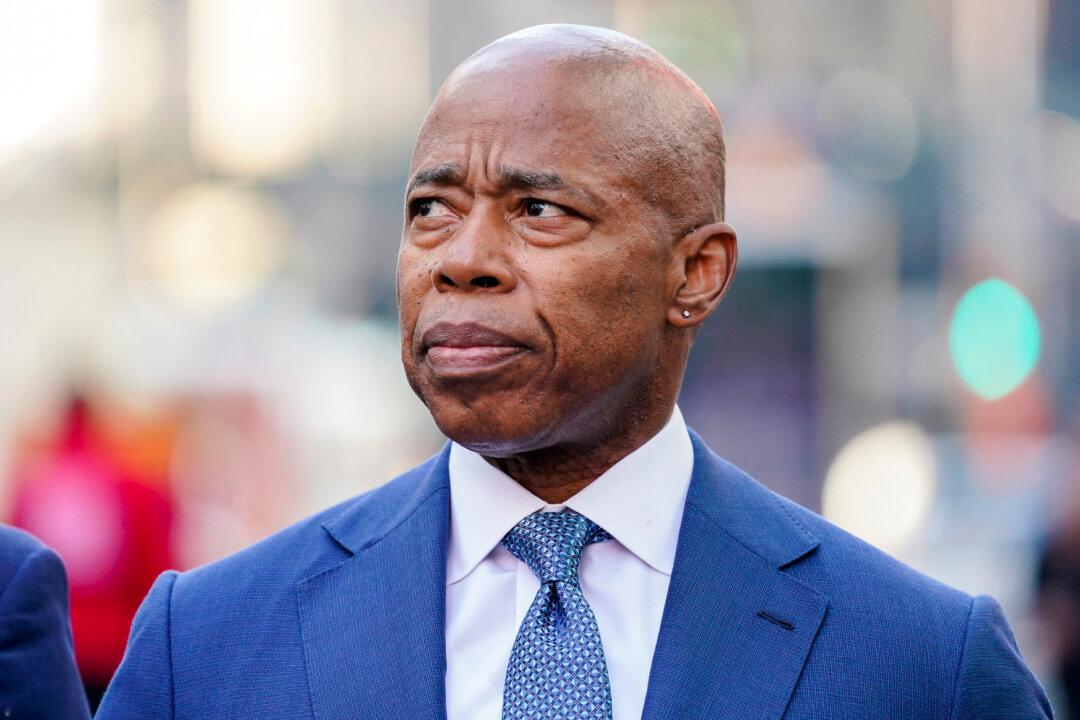New York City is suing five major social media platforms, alleging the companies behind them are responsible for fueling a youth mental health crisis across the United States.
The lawsuit was filed in California Superior Court by the City of New York, the City School District of the City of New York, and New York City Health and Hospitals Corp. on Feb. 14.




